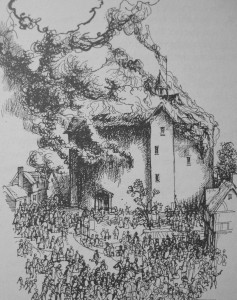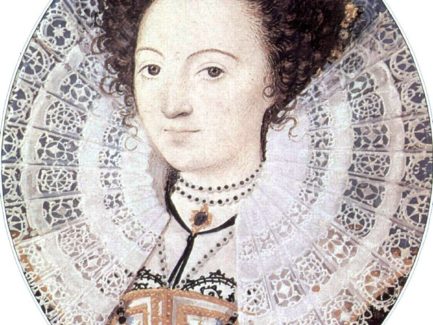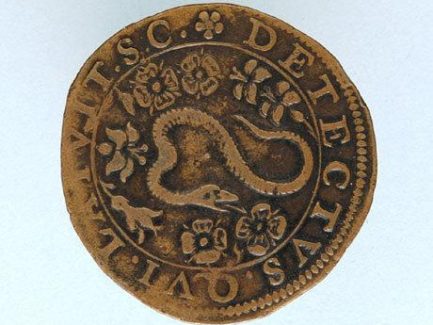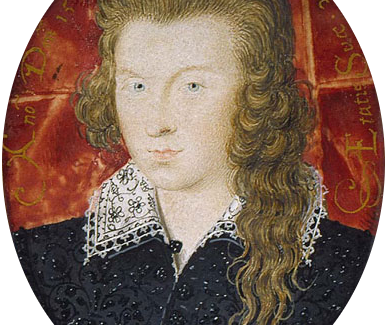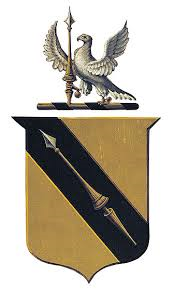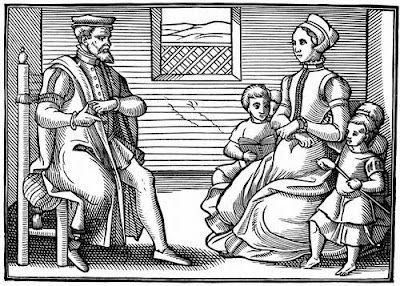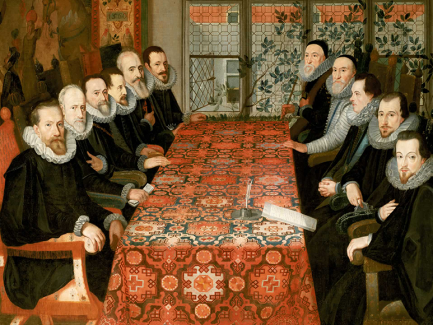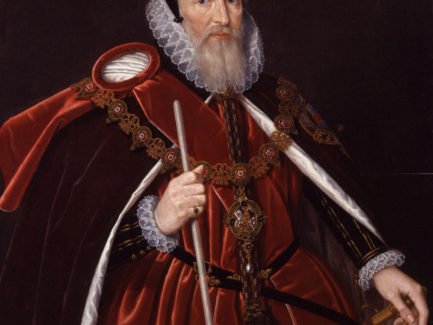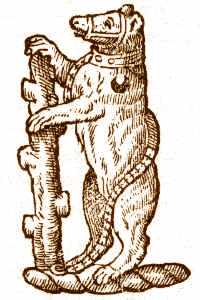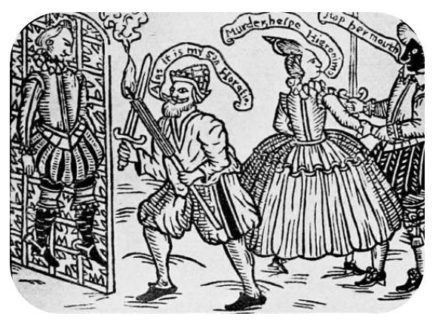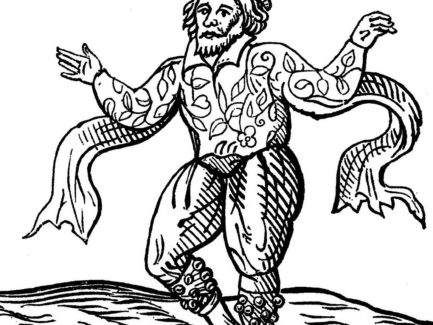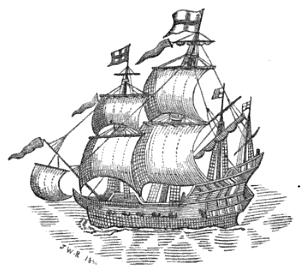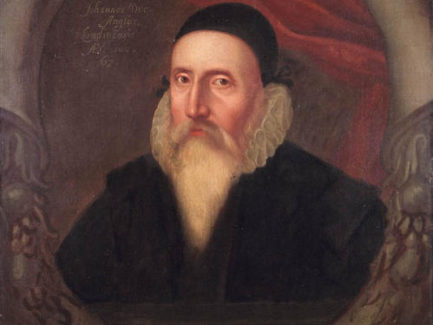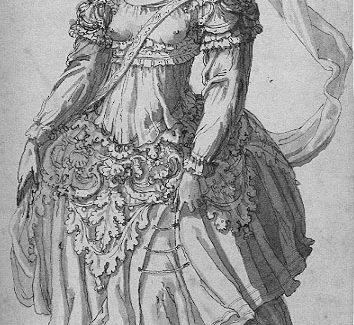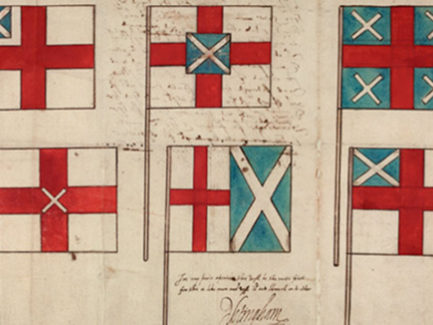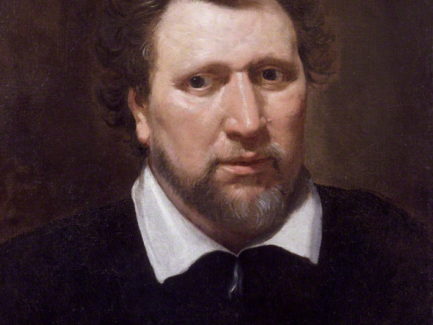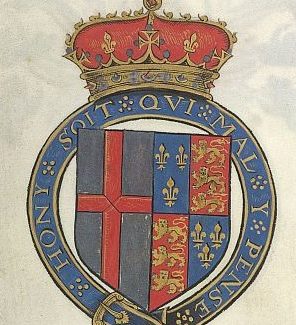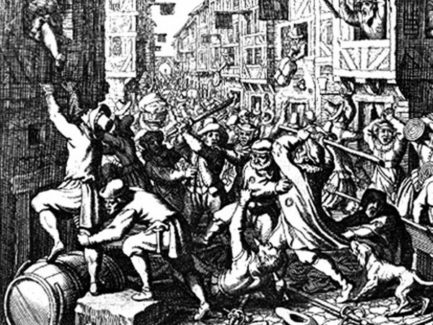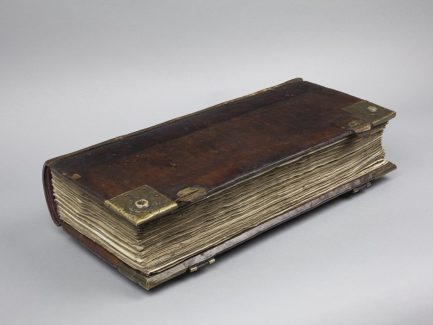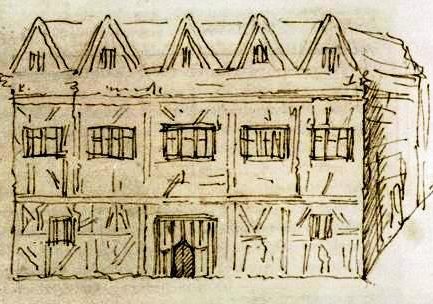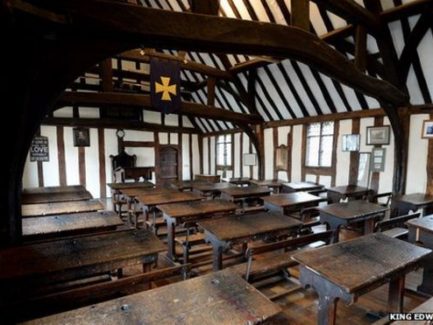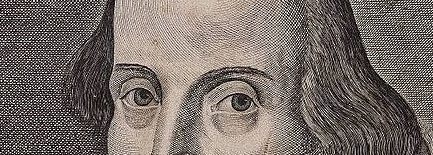Who passed on the best gossip about Shakespeare?

John Aubrey, an antiquary and biographer, wrote a series of short biographies between 1669 and 1696. They were published with the title Brief Lives and are a mixture of speculation, gossipy anecdotes and interesting observations. One of his biographies was based on what gossip he could find out about Shakespeare:
I have heard Sir William Davenant and Mr Thomas Shadwell (who is counted the best comedian we have now) say that he had a most prodigious wit, and did admire his natural parts beyond all other dramatical writers. Though, as Ben Johnson says of him, that he had little Latin and less Greek, he understood Latin pretty well, for he had been in his younger years a schoolmaster in the country. He was wont to say that he never blotted out a line in his life. Said Ben Johnson, I wish he had blotted-out a thousand.
Aubrey is referring to a dedicatory poem in the First Folio (1623) in which Ben Jonson wrote that Shakespeare surpassed ‘sporting Kyd’ and ‘Marlowe’s mighty line’ even though he possessed ‘small Latin and less Greek’. Although such gossip suggested a jealous or critical attitude, Ben Jonson professed himself to be one of Shakespeare’s greatest admirers and qualified his earlier assertion in Timber, or Discoveries (1630):
I remember the players have often mentioned it as an honour to Shakespeare, that in his writing, whatsoever he penned, he never blotted out a line. My answer hath been, ‘Would he had blotted a thousand,’ which they thought a malevolent speech. I had not told posterity this but for their ignorance, who chose that circumstance to commend their friend by wherein he most faulted; and to justify mine own candour, for I loved the man, and do honour his memory on this side idolatry as much as any. He was, indeed, honest, and of an open and free nature; had an excellent fancy, brave notions, and gentle expressions, wherein he flowed with that facility that sometime it was necessary he should be stopped.
John Aubrey recorded other gossip about Shakespeare as a young man. He wrote that prior to moving to London, Shakespeare worked as a butcher and a ‘school master in the country’:
His father was a butcher, and I have been told heretofore by some of the neighbours, that when he was a boy he exercised his father’s trade, but when he killed a calf, he would do it in a high style, and make a speech.
In fact, Shakespeare’s father was a glover, and although he worked with animal skins to prepare them for use as leather, there is no record that he was a butcher. It is unlikely that William Shakespeare would have killed a calf while making eloquent speeches ‘in a high style’. Aubrey went on surmising:
This William, being inclined naturally to poetry and acting, came to London, I guess about eighteen: and was an actor at one of the playhouses, and did act exceedingly well…
According to Aubrey, William Shakespeare was ‘a handsome, well-shaped man’ with a ‘very ready and pleasant smooth wit’. He travelled to Stratford-upon-Avon once a year and left a couple of hundred pounds per year there to provide for his sister Joan. Aubrey recorded other gossip about Shakespeare’s annual journey between Stratford and London and his frequent visits to the Crown Tavern. The inn was run by John Davenant and his wife Jane and, as Aubrey wrote, Shakespeare was more than a guest when John Davenant was absent. Davenant’s son, William Davenant, later became a poet and playwright and considered himself to be the natural son of William Shakespeare and Jane Davenant:
Mr. William Shakespeare was wont to go into Warwickshire once a year, and did commonly in his journey lie at this house in Oxon, where he was exceedingly respected…Now Sir William would sometimes, when he was pleasant over a glass of wine with his most intimate friends— e.g. Sam Butler, author of Hudibras, etc., say, that it seemed to him that he writ with the very spirit that did Shakespeare, and seemed contented enough to be thought his son.
© 2019 Shakespeare’s World
To read more about this topic and other events on this day in Shakespeare’s lifetime, you can see our recommendations for further reading and visit our website to buy Shakespeare’s World App or to follow us on social media.




